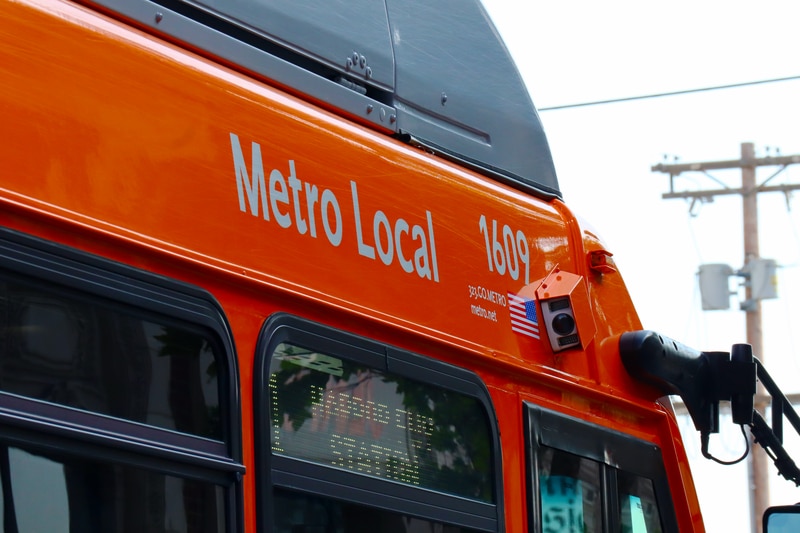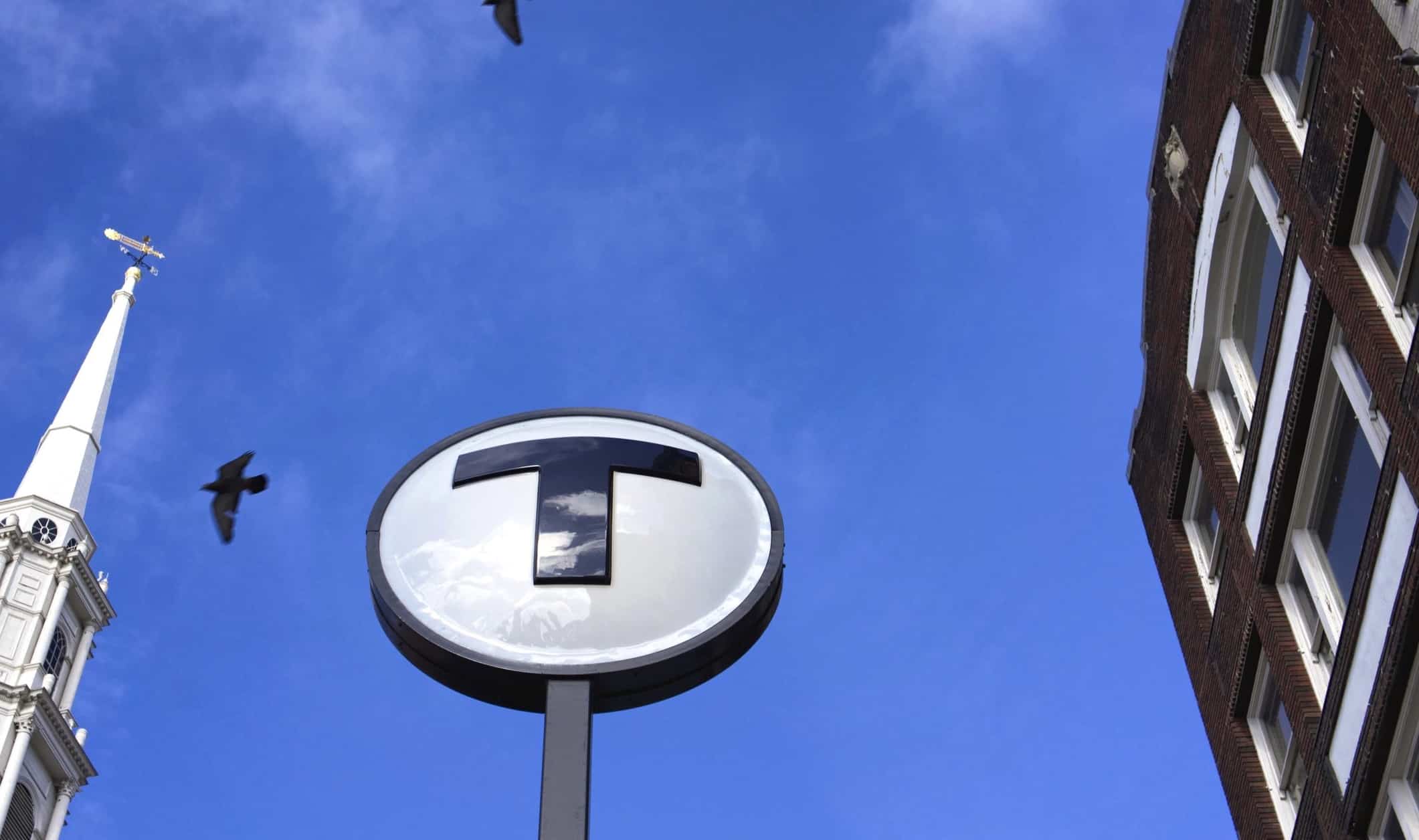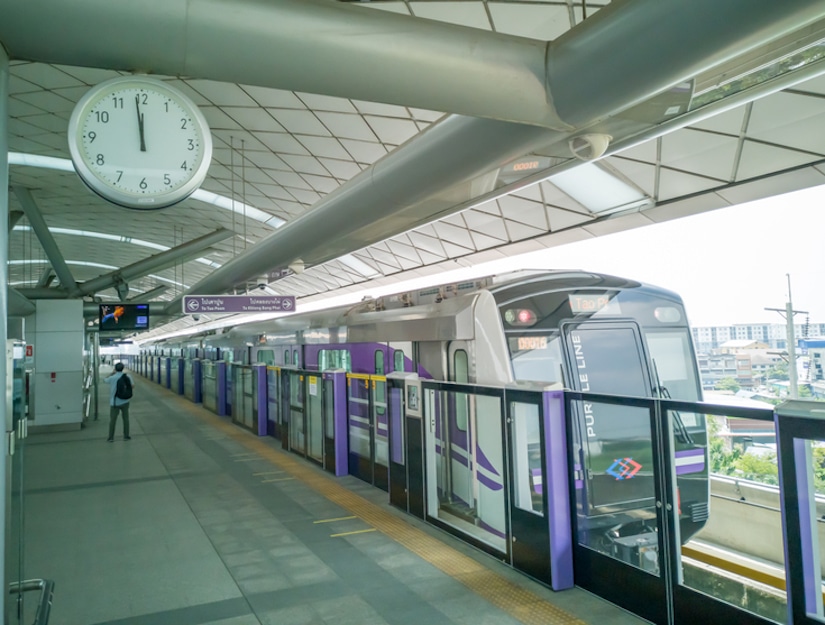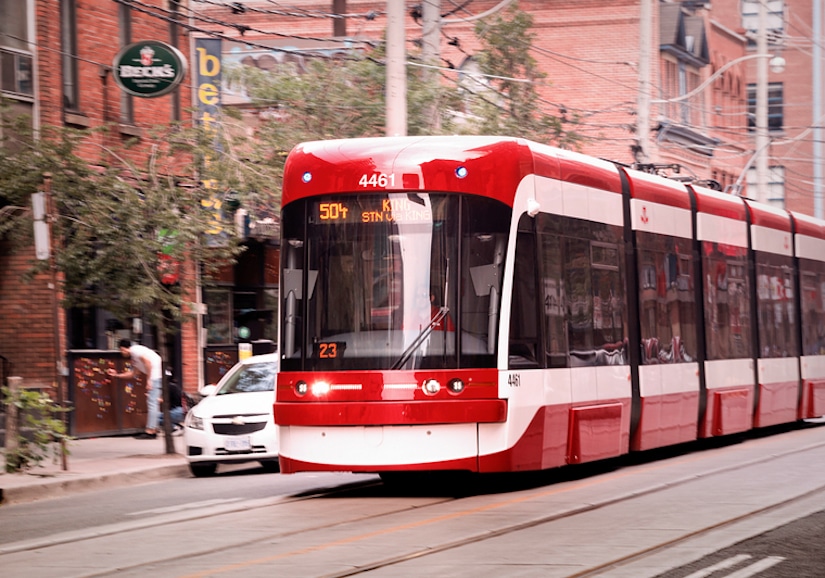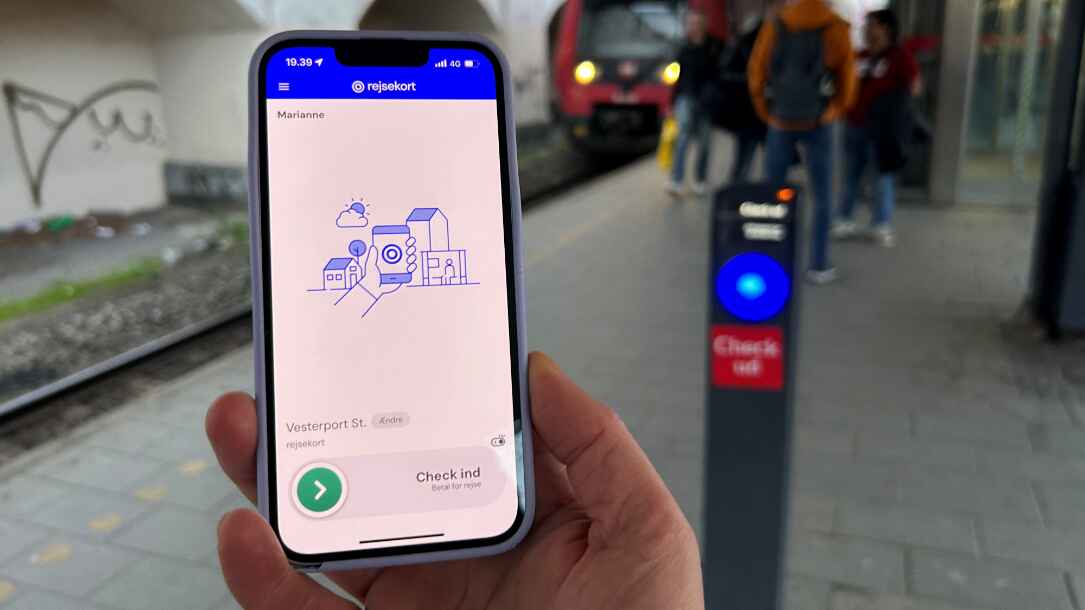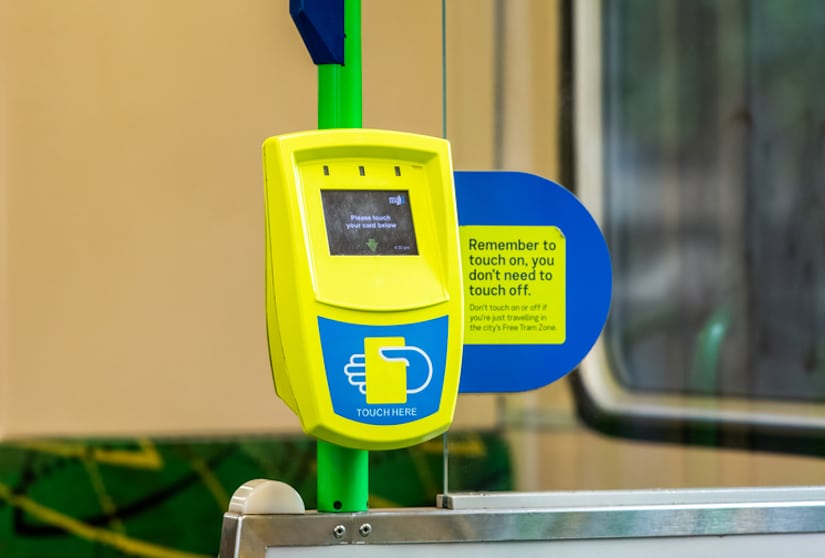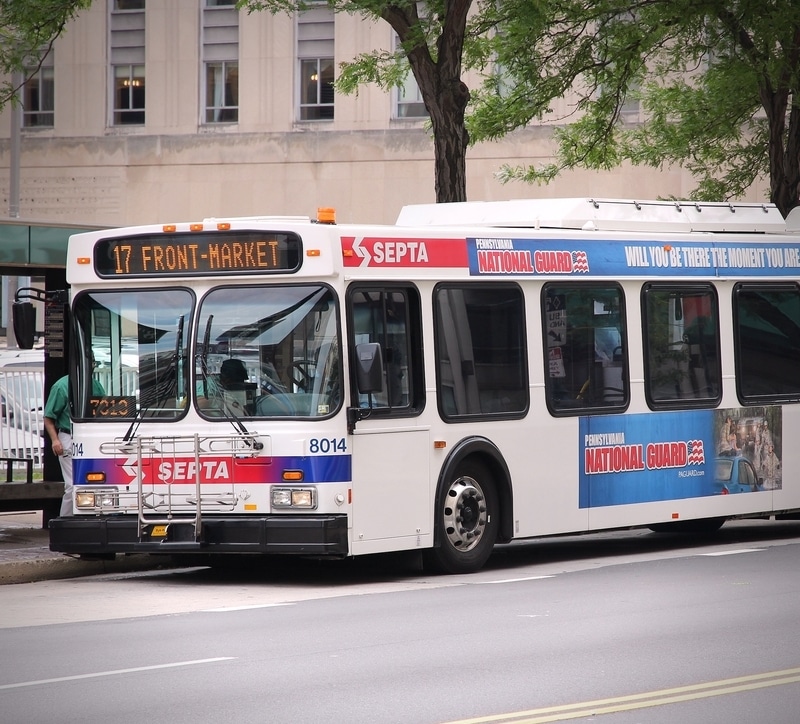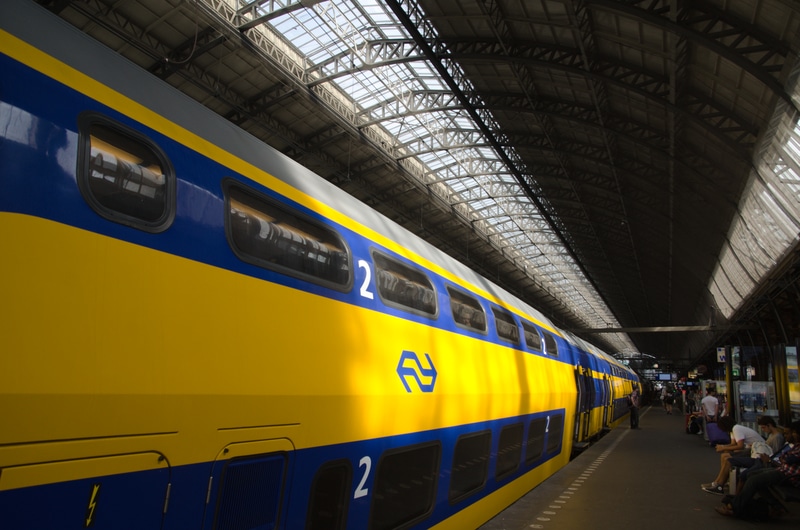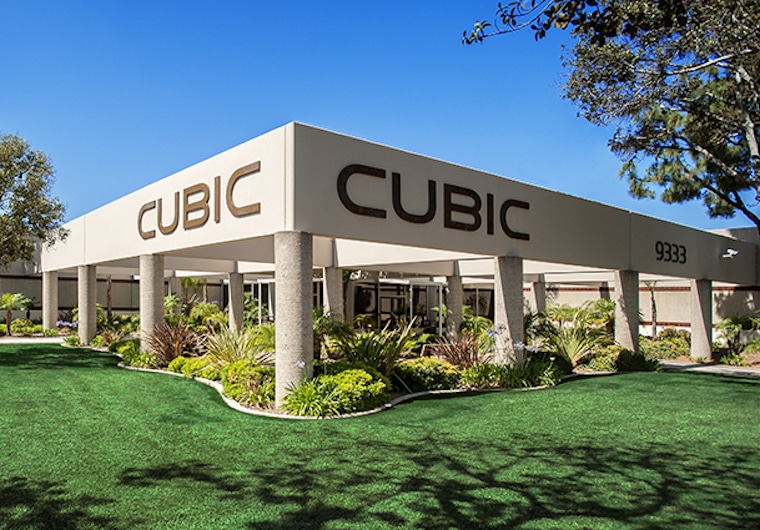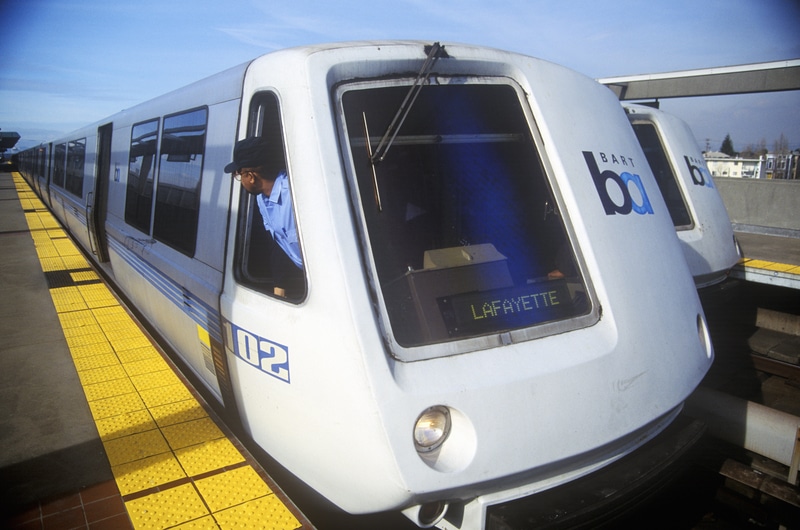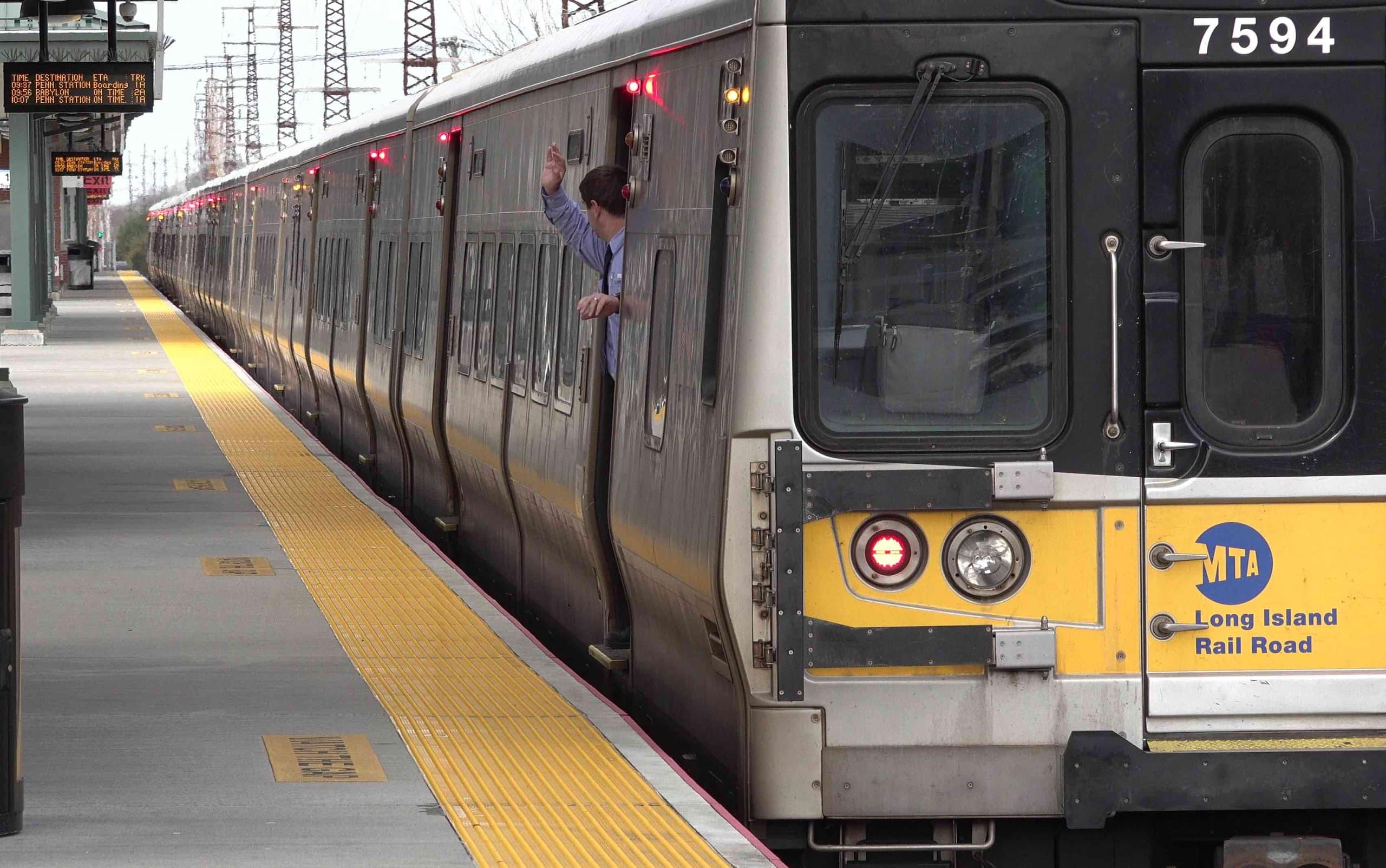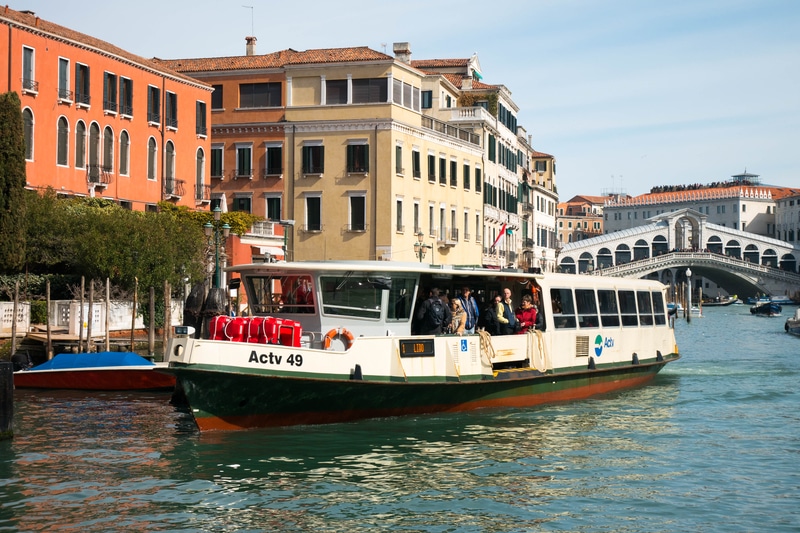
Article Highlights
Venice transit agency AVM has issued a tender request for an open-loop fare payments system based on the concession model. The agency plans to pay the winning vendor a commission on open-loop revenue collected, while the vendor will pay for all costs for the system, both hardware and software.
• Table: Main provisions, likely bidders for Venice concession agreement
Transit officials in Venice, Italy, plan to launch open-loop payments during the first part of 2023, following such Italian cities as Rome, Milan, Naples and Turin in enabling customers to pay fares with their contactless credit and debit cards.








